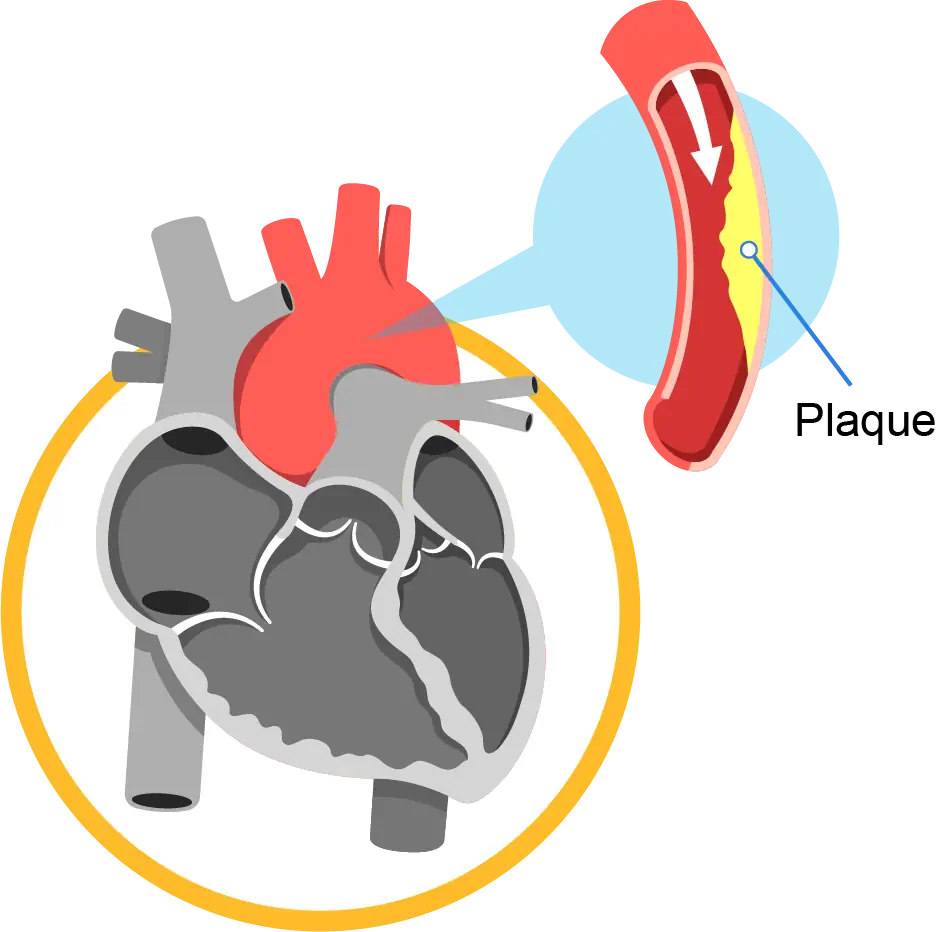
Coronary artery disease (CAD), often referred to as coronary heart disease (CHD) or ischaemic heart disease, develops when the body's main blood arteries that supply the heart struggle to supply adequate blood, oxygen, and nutrients to the cardiac muscle.
Causes
CAD typically develops from an accumulation of plaque in the arteries, which causes them to get inflamed. Plaque is made up of deposits of cholesterol and other materials. The blood flow might become partially or completely obstructed as the arteries gradually narrow as a result of plaque build-up. Atherosclerosis is the term used to describe this process.
Signs and symptoms
Early symptoms might not appear since plaque build-up might take years or decades.
Risk factors
Diagnosis
Your cardiologist may advise you to have one or more of the following tests in addition to a physical examination:
Treatment options
Prevention
Consider adopting these lifestyle alterations:
Visit your nearest Gleneagles Hospital to learn more about our Cardiology Services
References:

Wait a minute